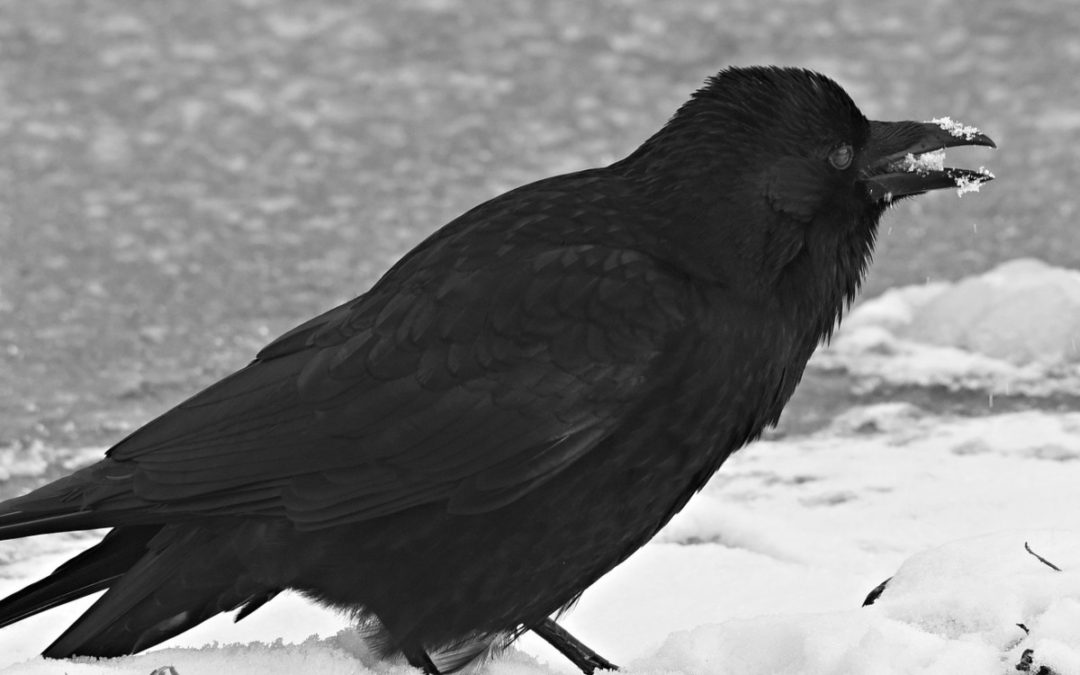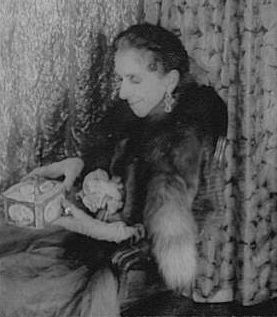
Book review: A Pirate Looks at Fifty
don’t start singing right away…
Book review:
A Pirate Looks at Fifty
Jimmy Buffett (b1946)
New York: Ballantine Books, 1998
Full disclosure: I’m not a Parrothead, but I’m related by blood to a gen-you-wine Buffett fan, so I take the liberty of using familiar language, even though “the king of somewhere hot” has never seen me and isn’t likely to in this earthly paradise…
A Pirate Looks at Fifty is a memoir-ish book by Himself, written more than 20 years ago, I spotted it in the local library’s discarded book sale bin and I did the right thing.
Seems to me, for starters, no one should ever discard a book full of Jimmy Buffett stuff, he’s just so much in love with life and he is a magnet for vicarious attention, I dare you to read Pirate without getting at least a fleeting urge to head for the islands and see the world through Jimmy’s eyes.
You don’t even have to read the whole book (actually, I confess, I didn’t), just read as much as gets the juices flowing and then get on with your regular life, and you can dip into it again any time you want. Buffett’s music and Buffett’s style are a buffet—grab what you want, anytime, sing along as the spirit moves, and go back for more whenever…
You don’t even have to like margaritas to get the full, slobbering, belly laugh, hijinksed, hot damn but mucho mellow effect when you sing along with Jimmy about the Mexican cutie and the lost shaker of salt.
I double dare you to not sing a couple verses and the refrain right now, you have to, really…
* * * * * *
Book review. Copyright © Richard Carl Subber 2019 All rights reserved.
A poem about the right thing
…and the lesser incarnation…
“Vanity”
click here
–
Seeing far: Selected poems with 47 free verse and haiku poems,
and the rest of my poetry books are for sale on Amazon (paperback and Kindle)
and free in Kindle Unlimited, search Amazon for “Richard Carl Subber”
* * * * * *




